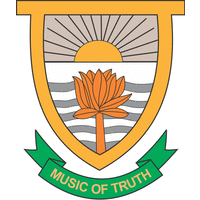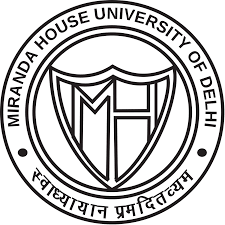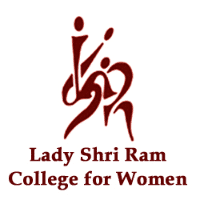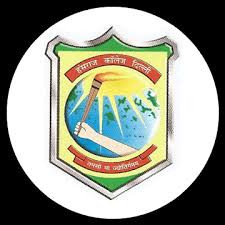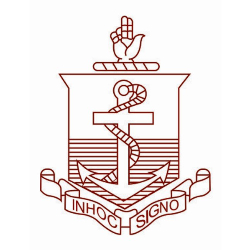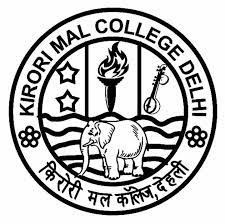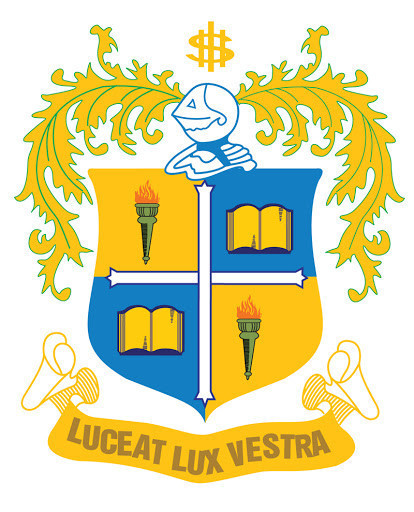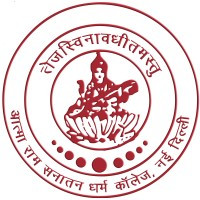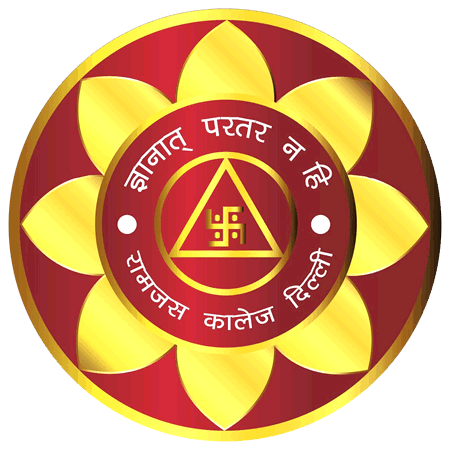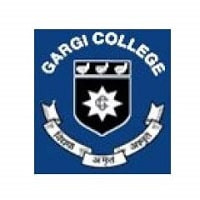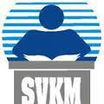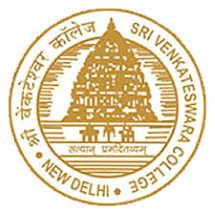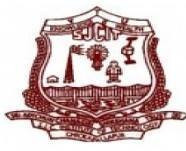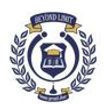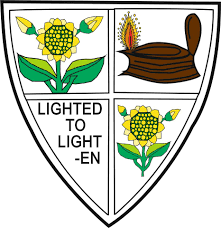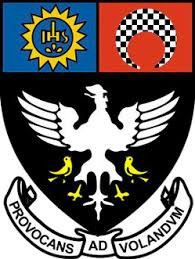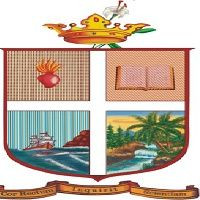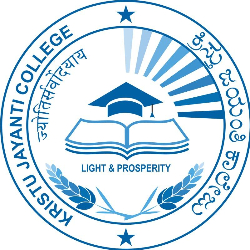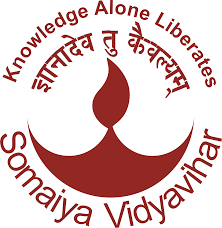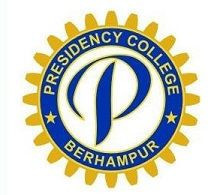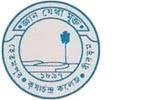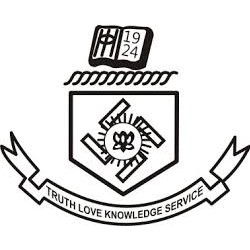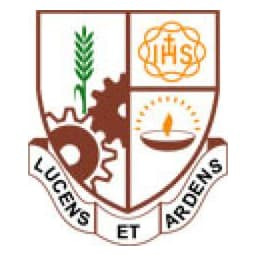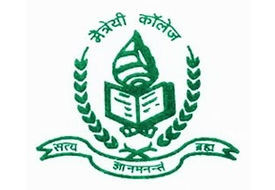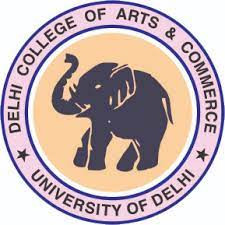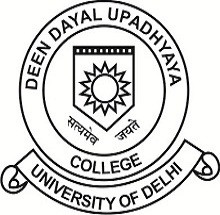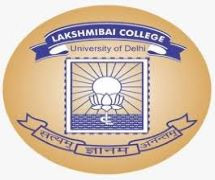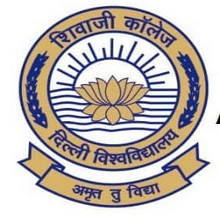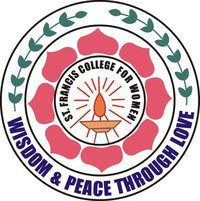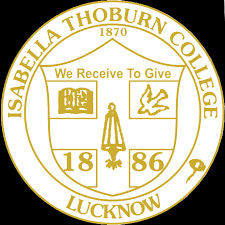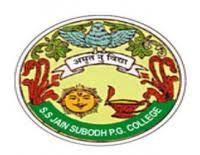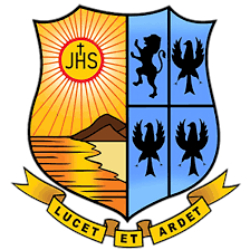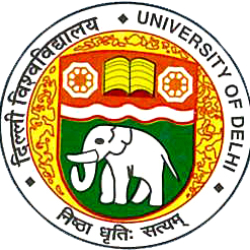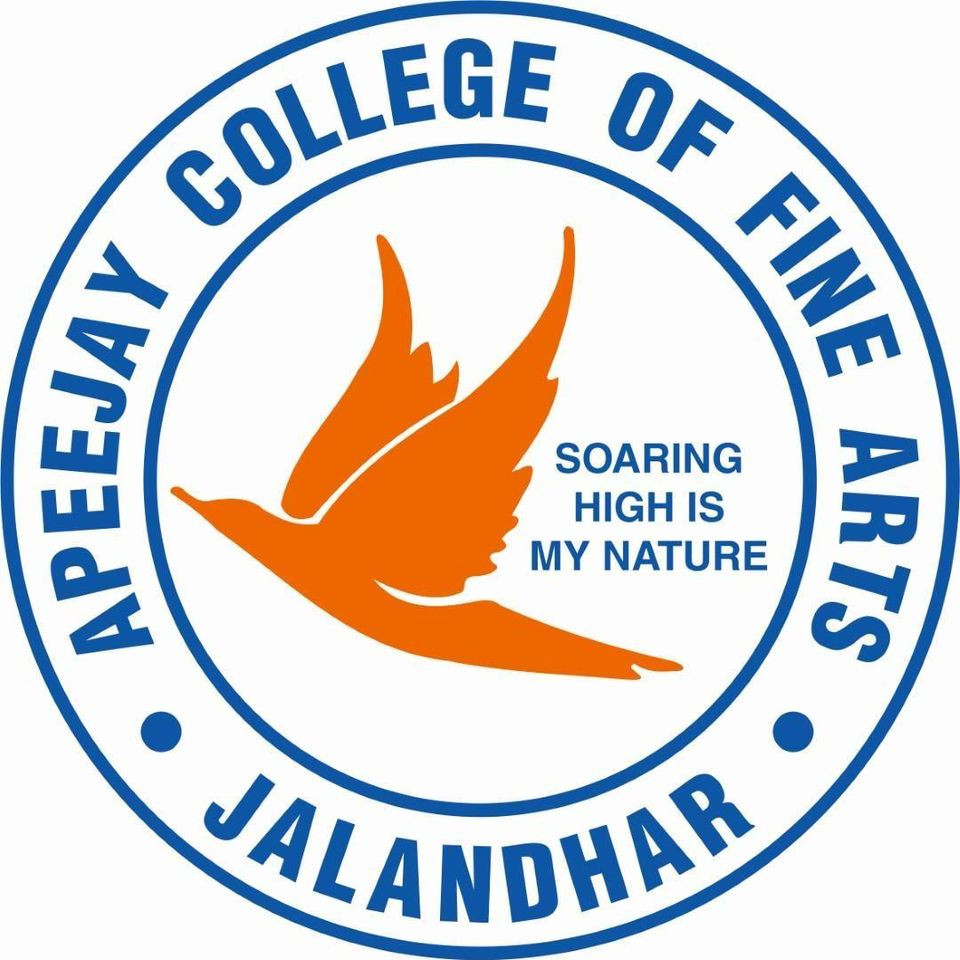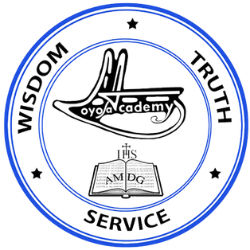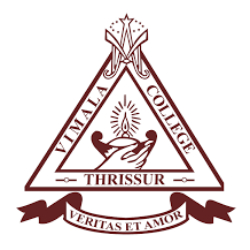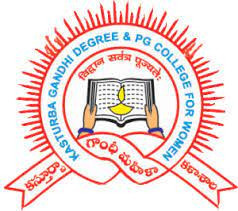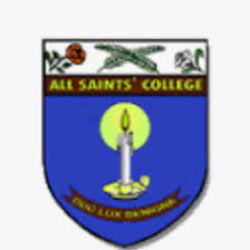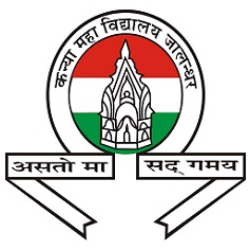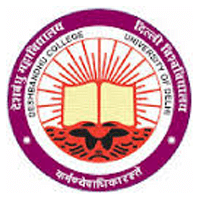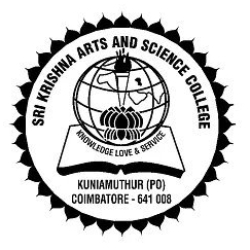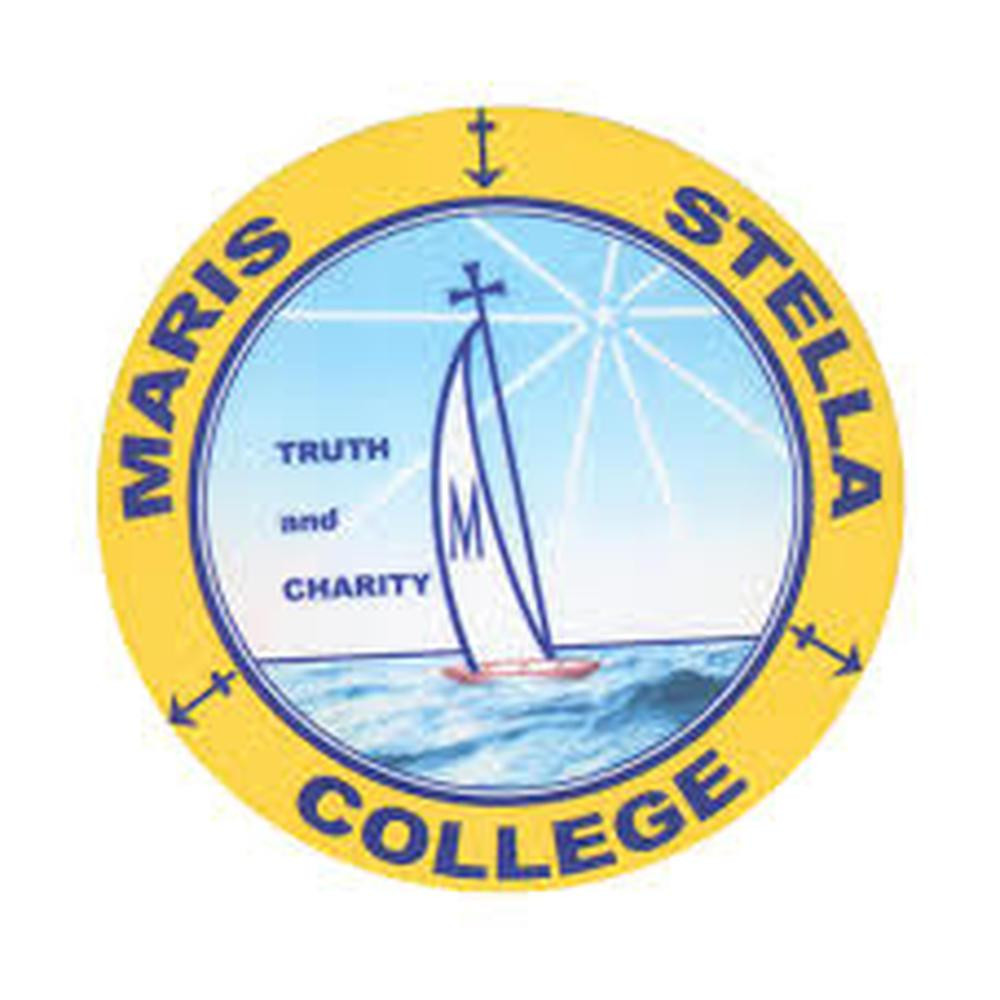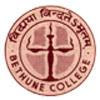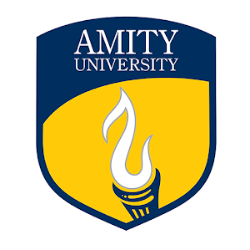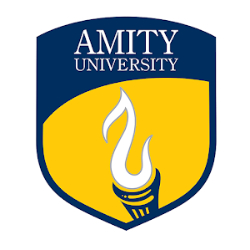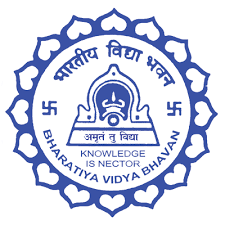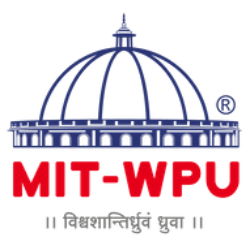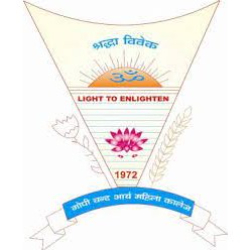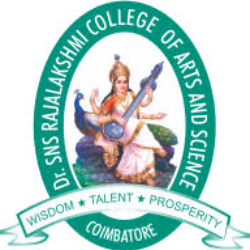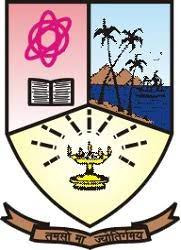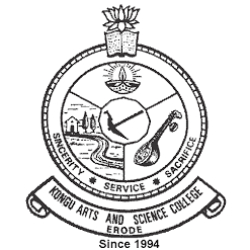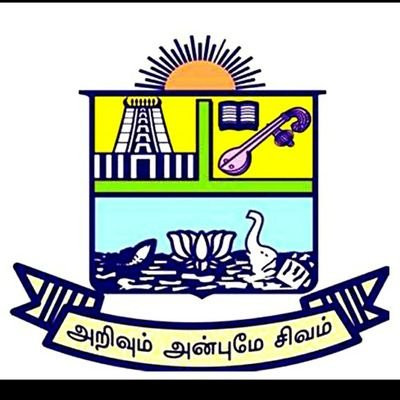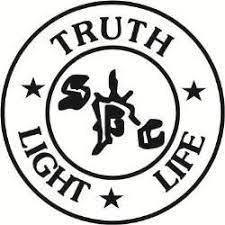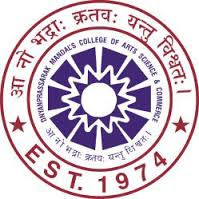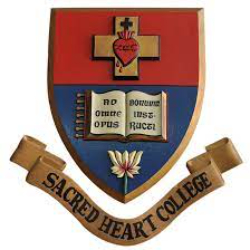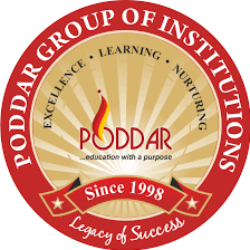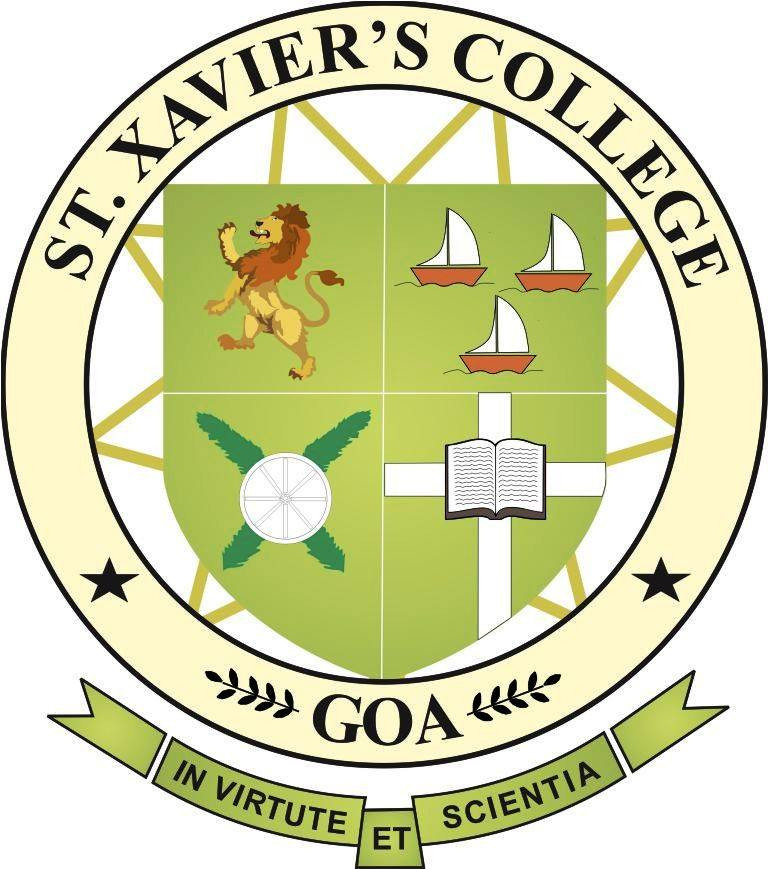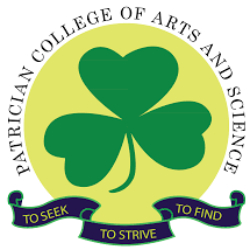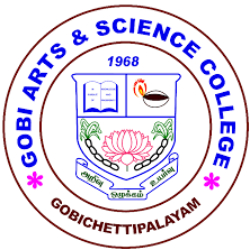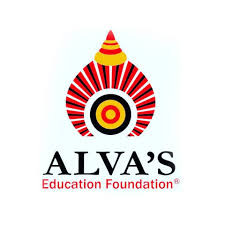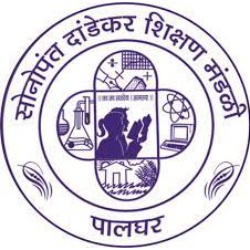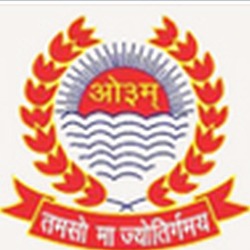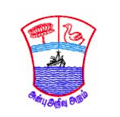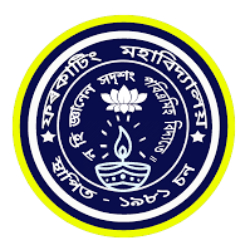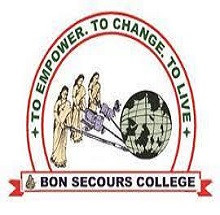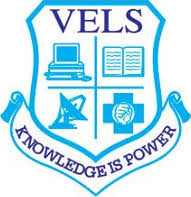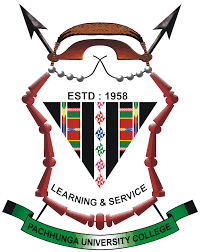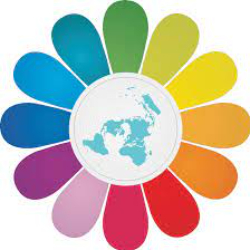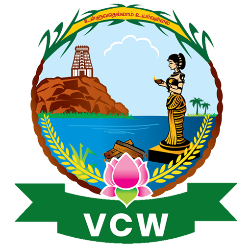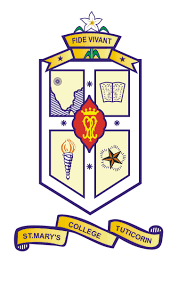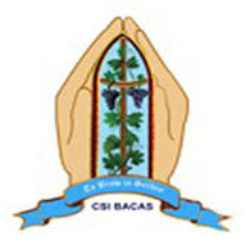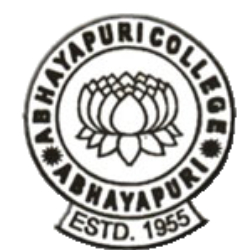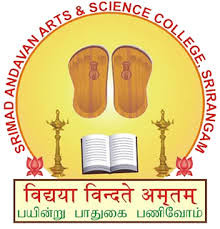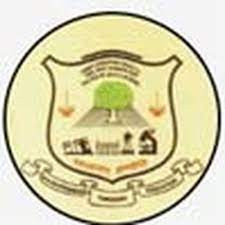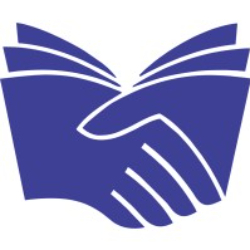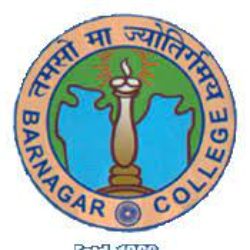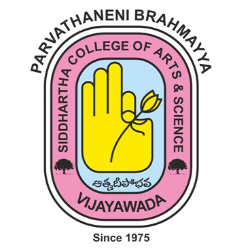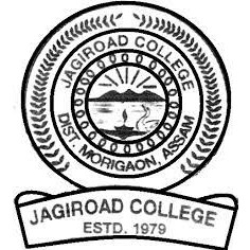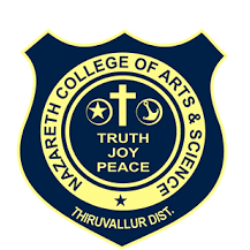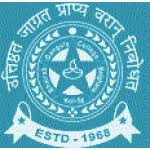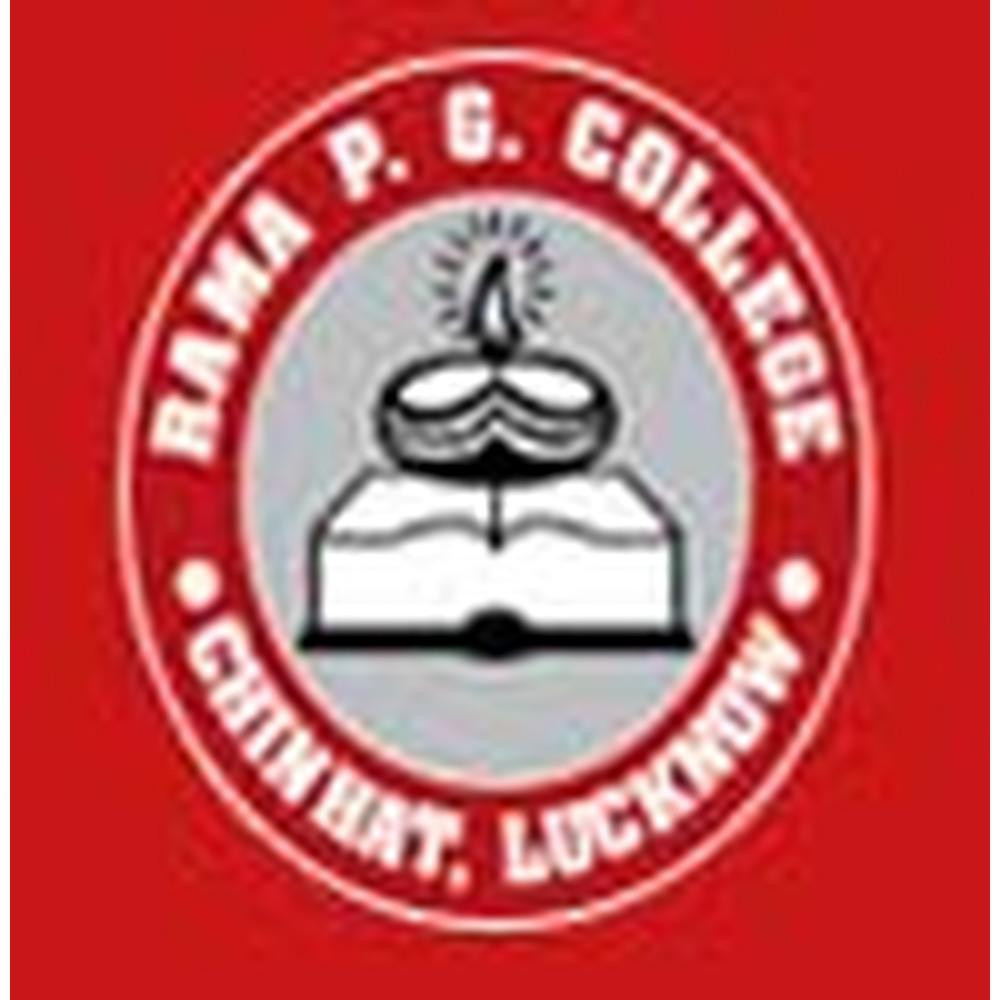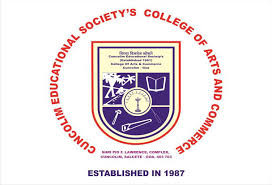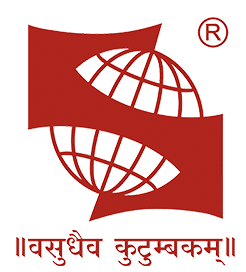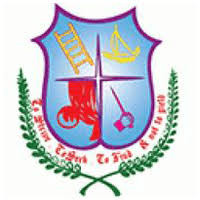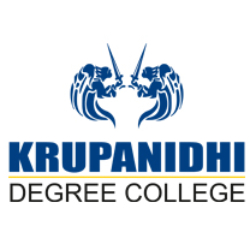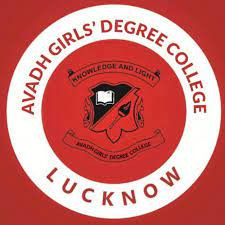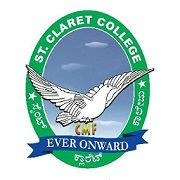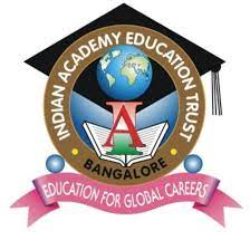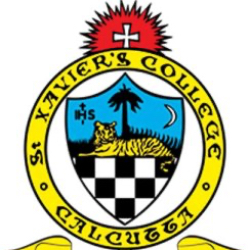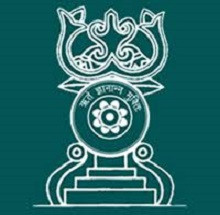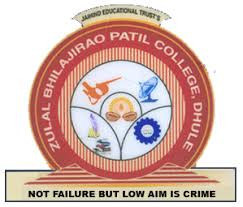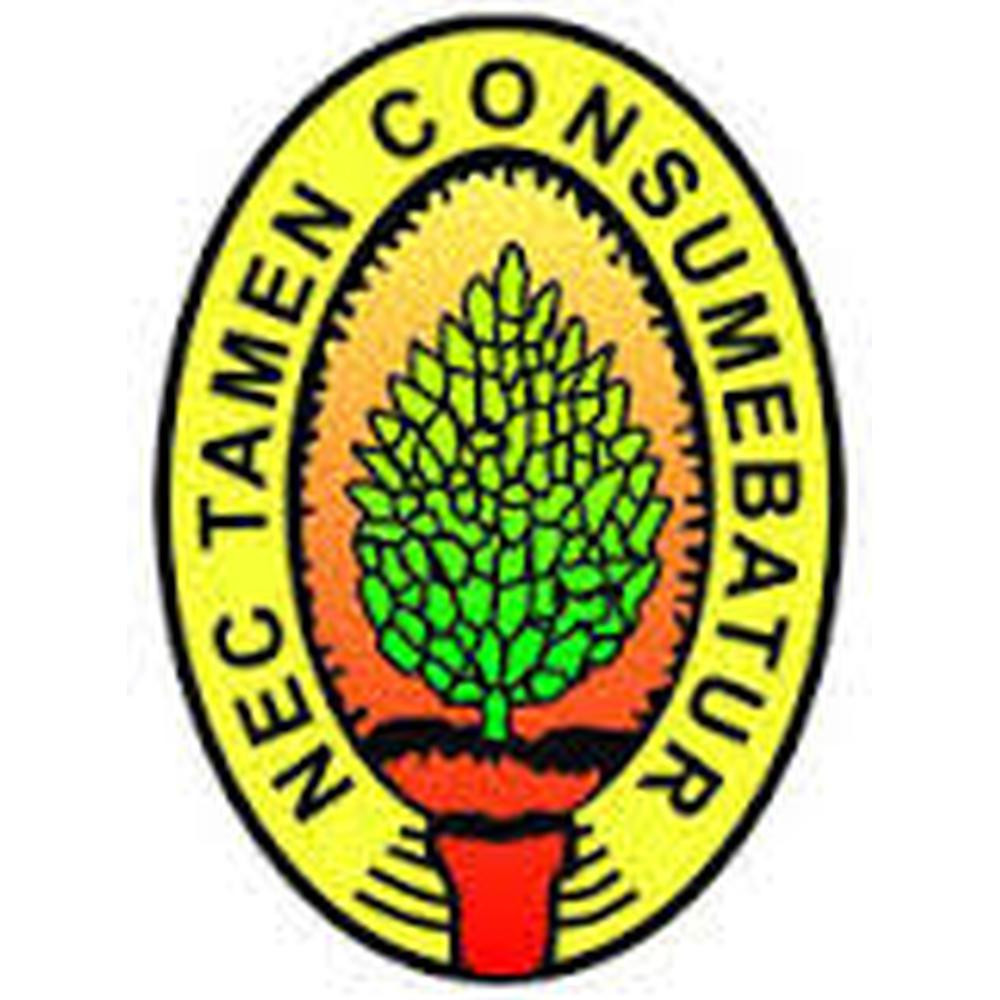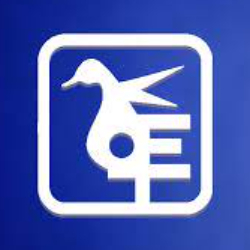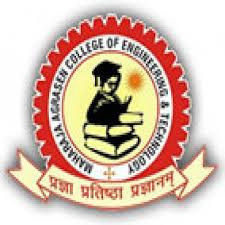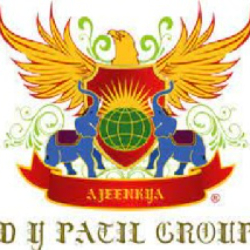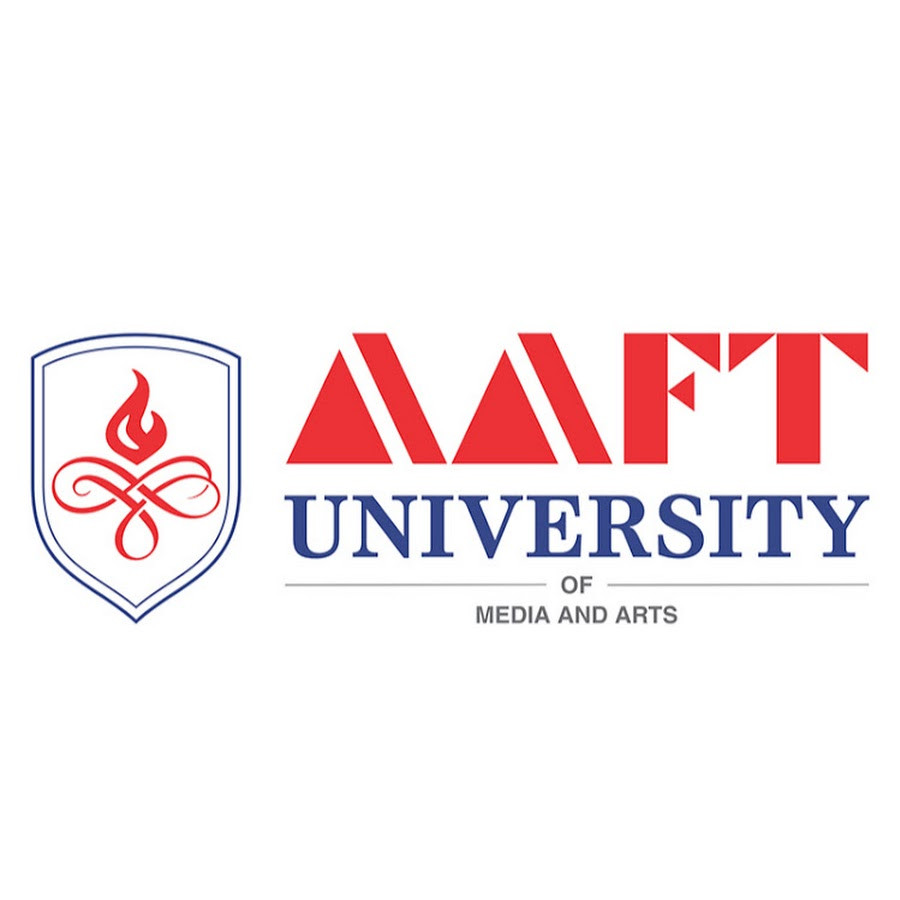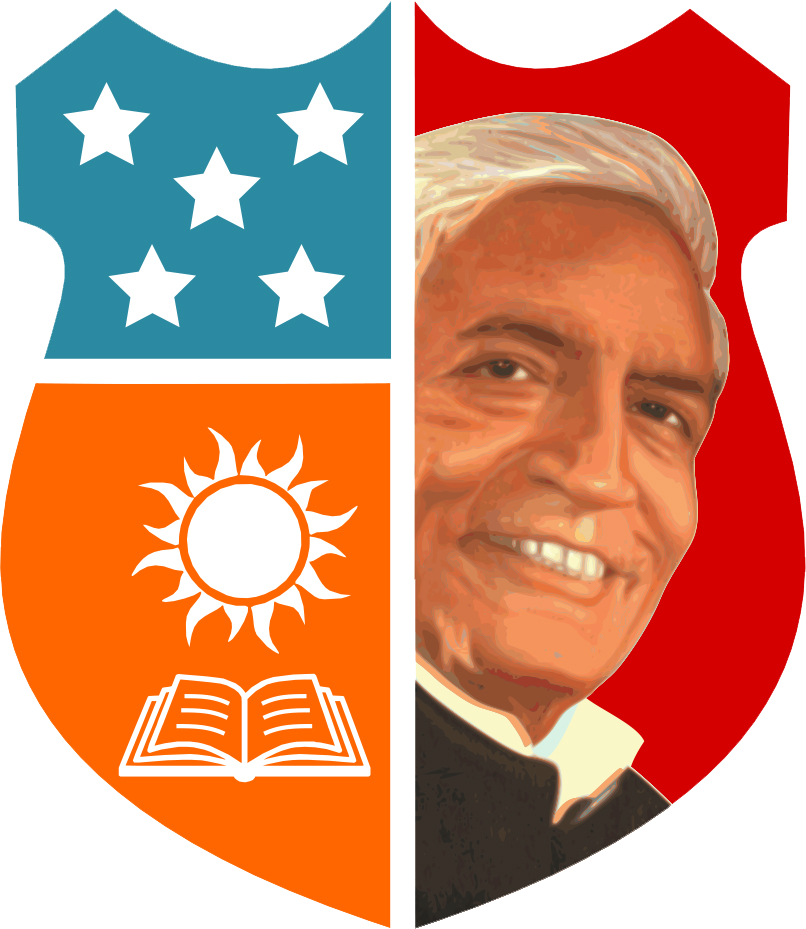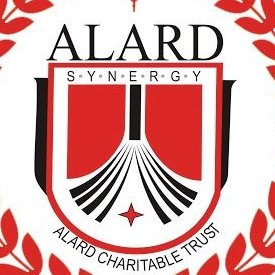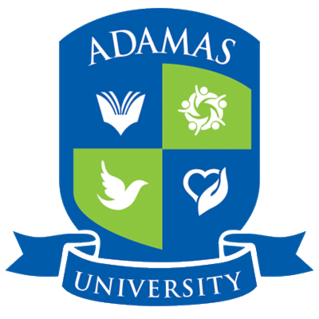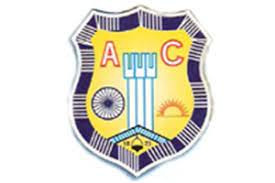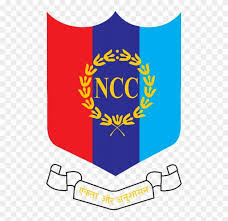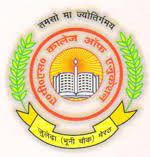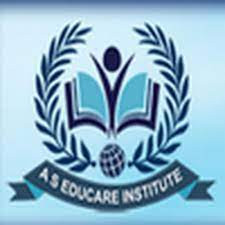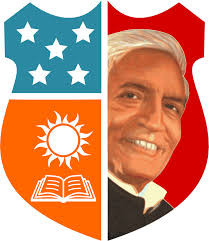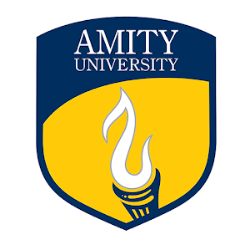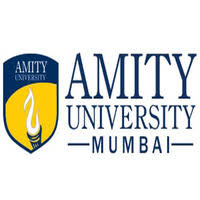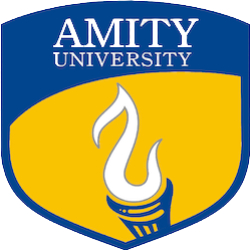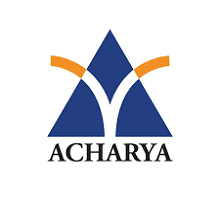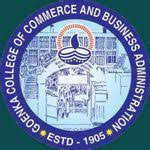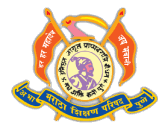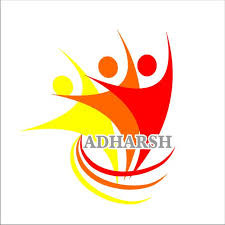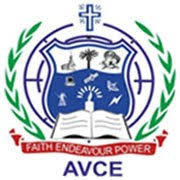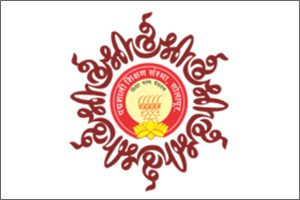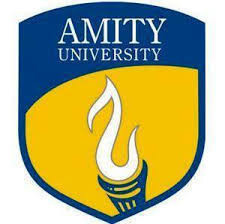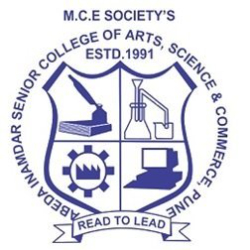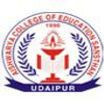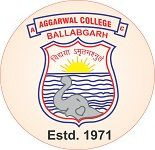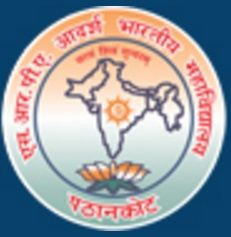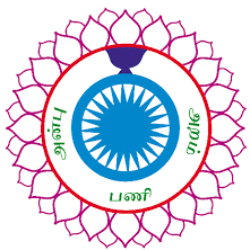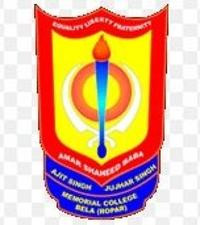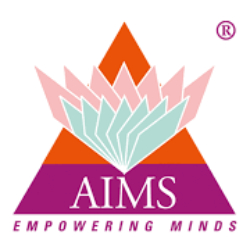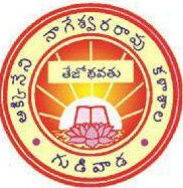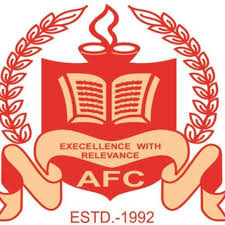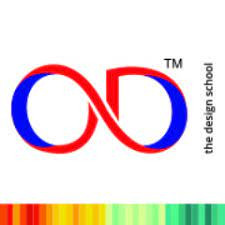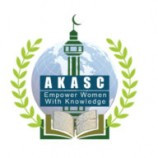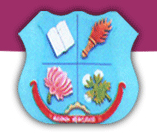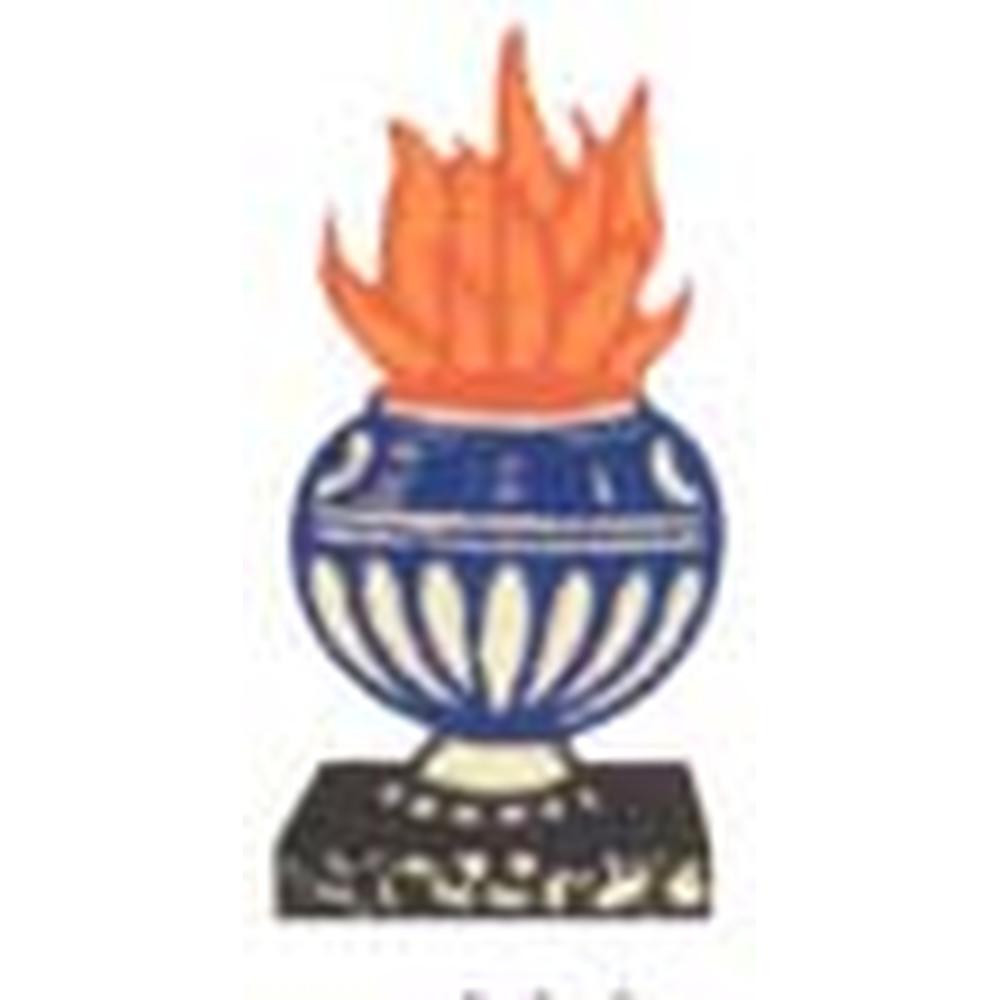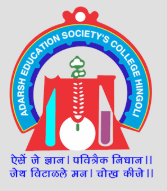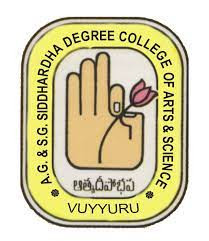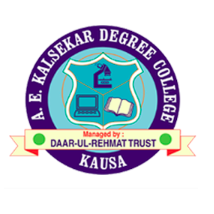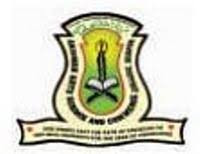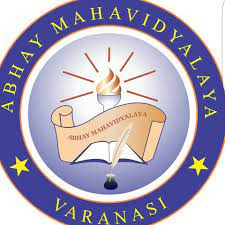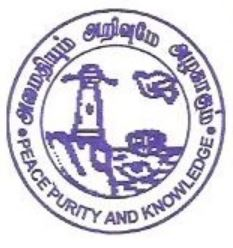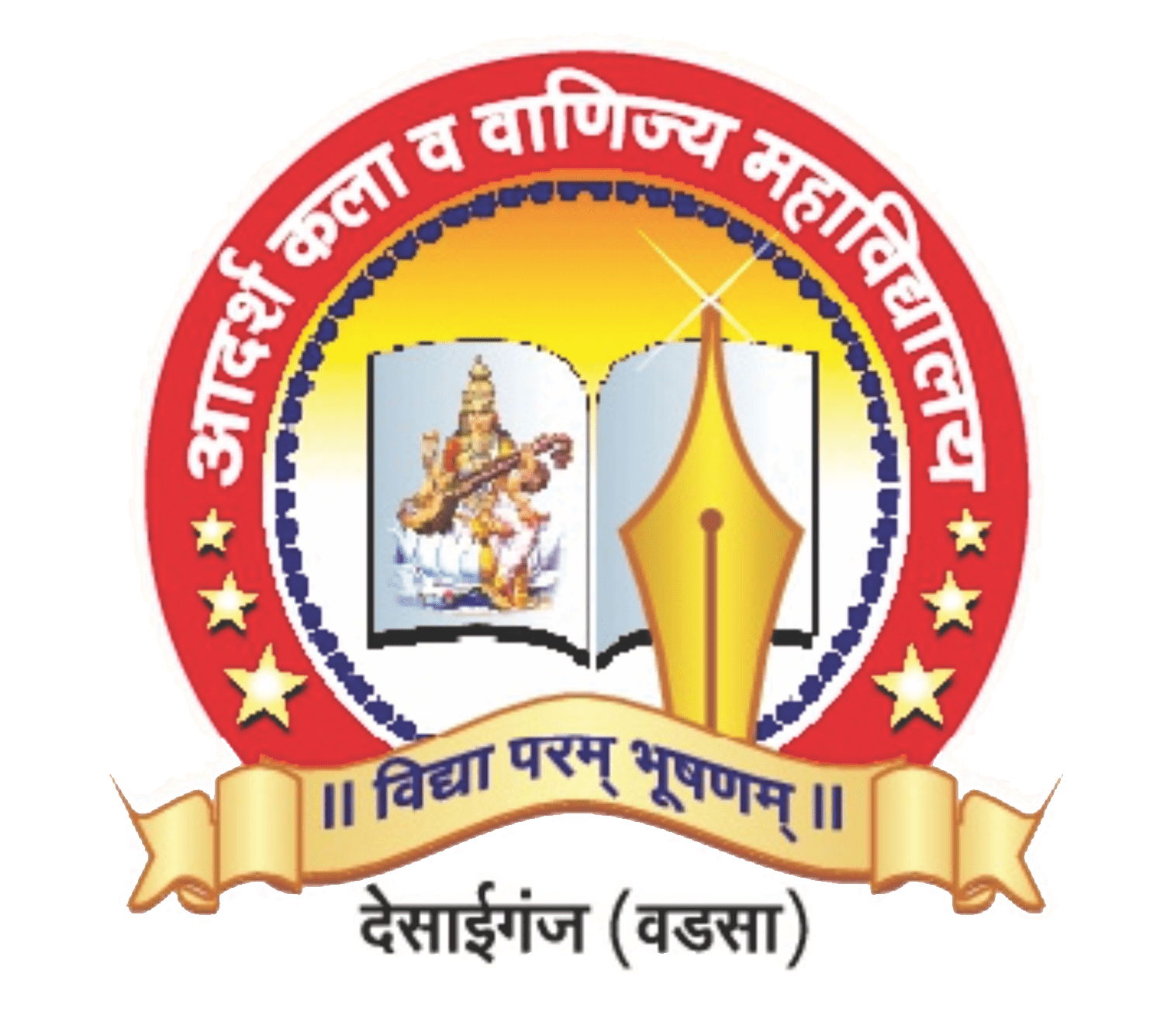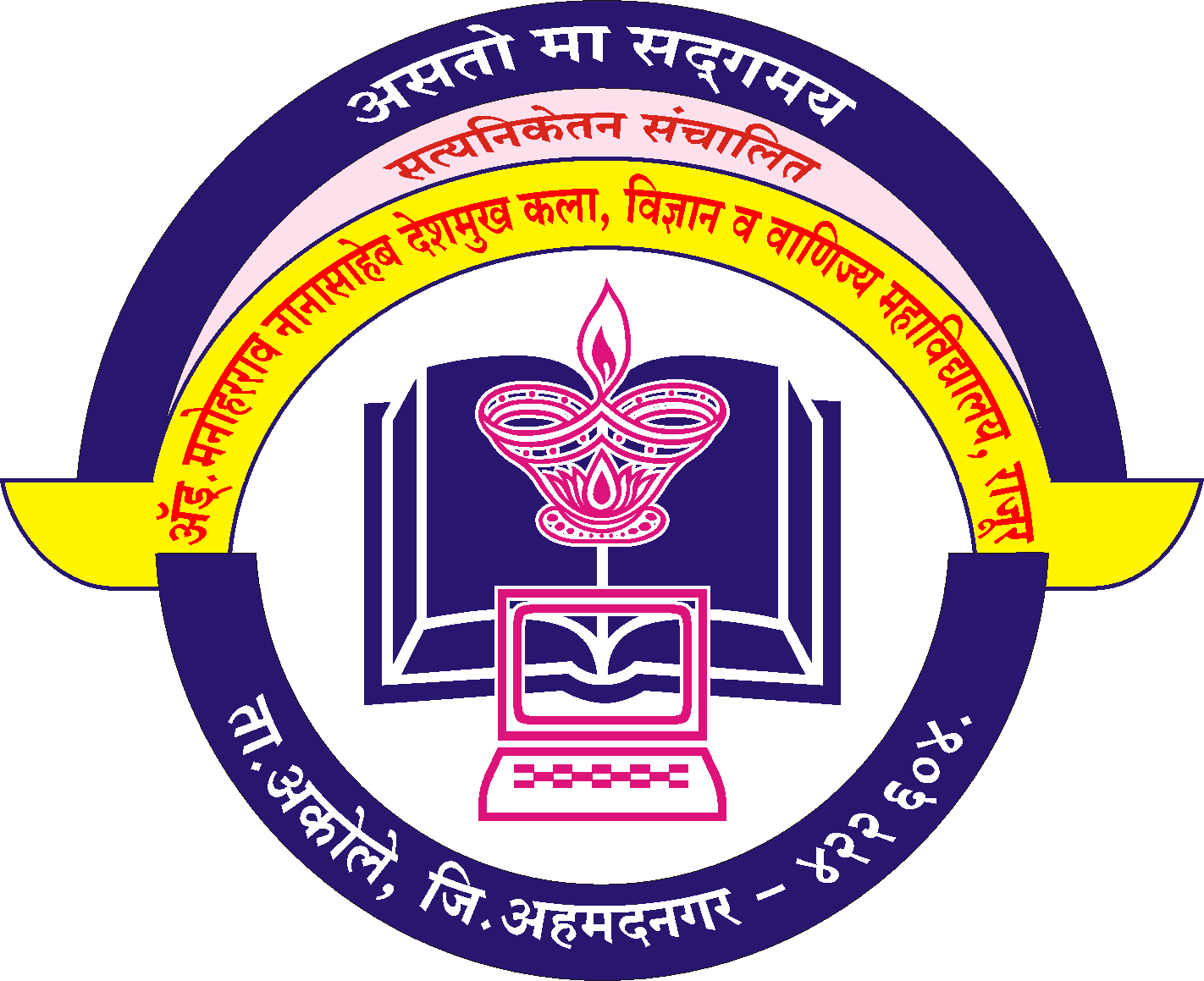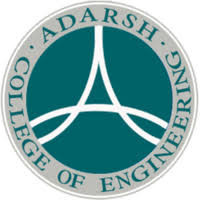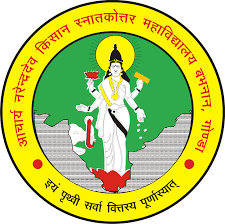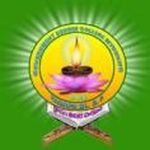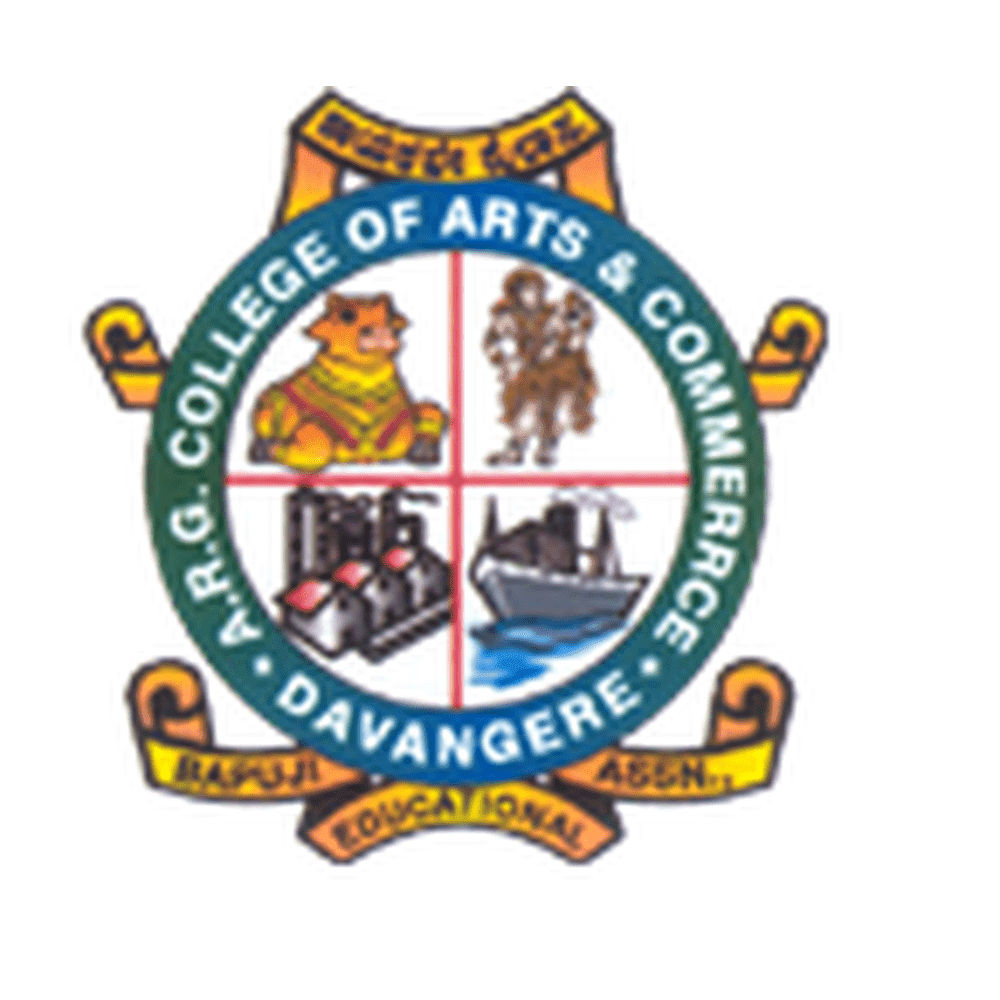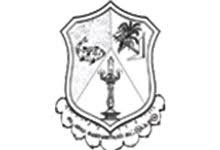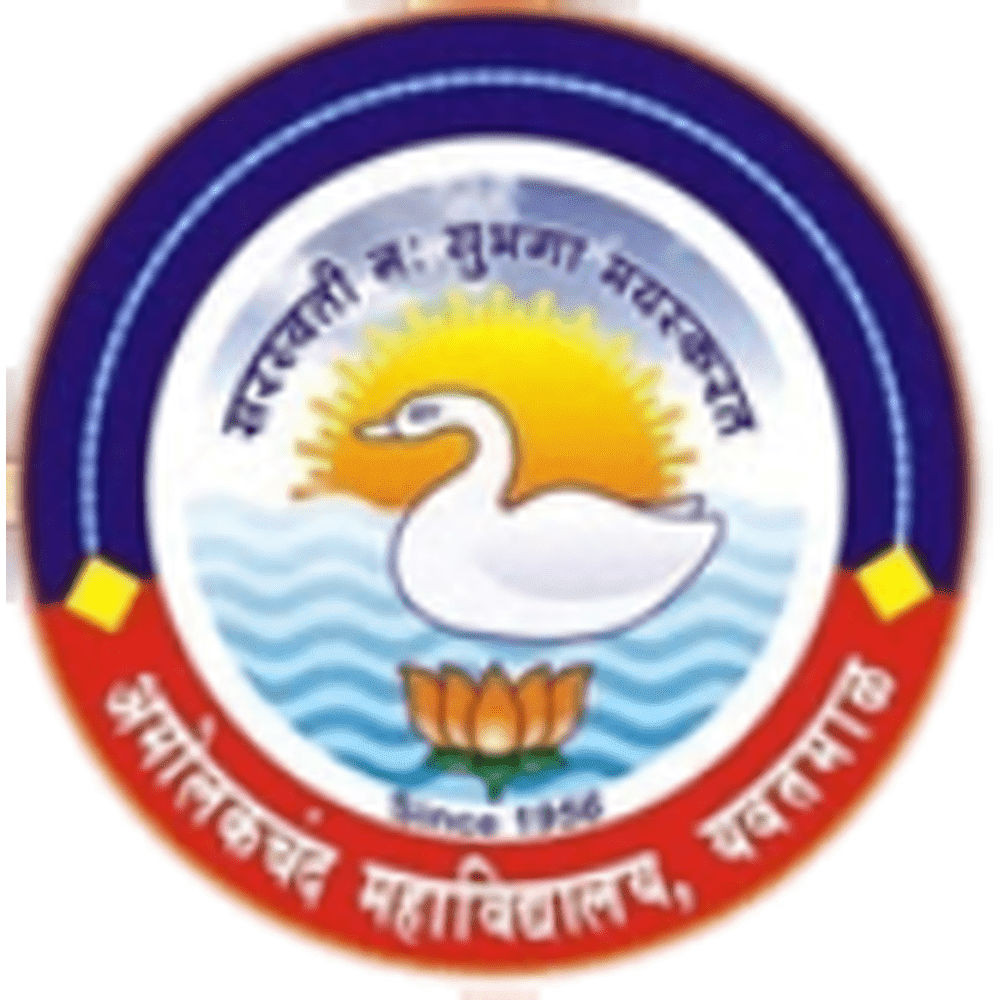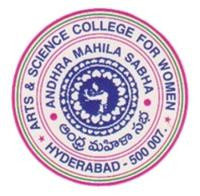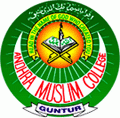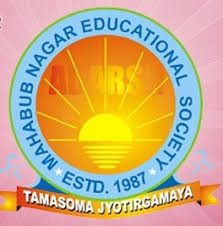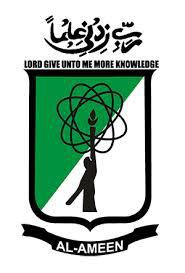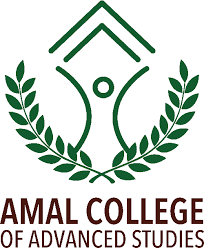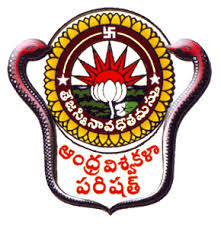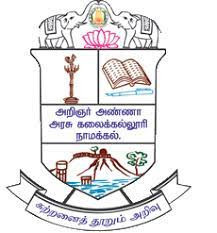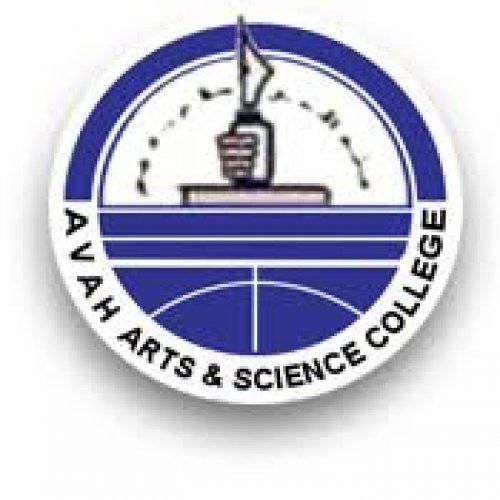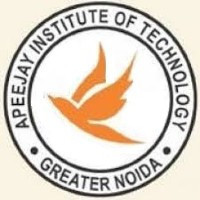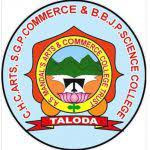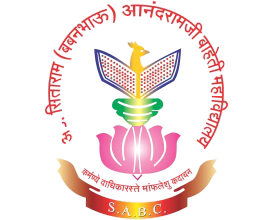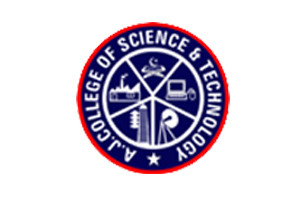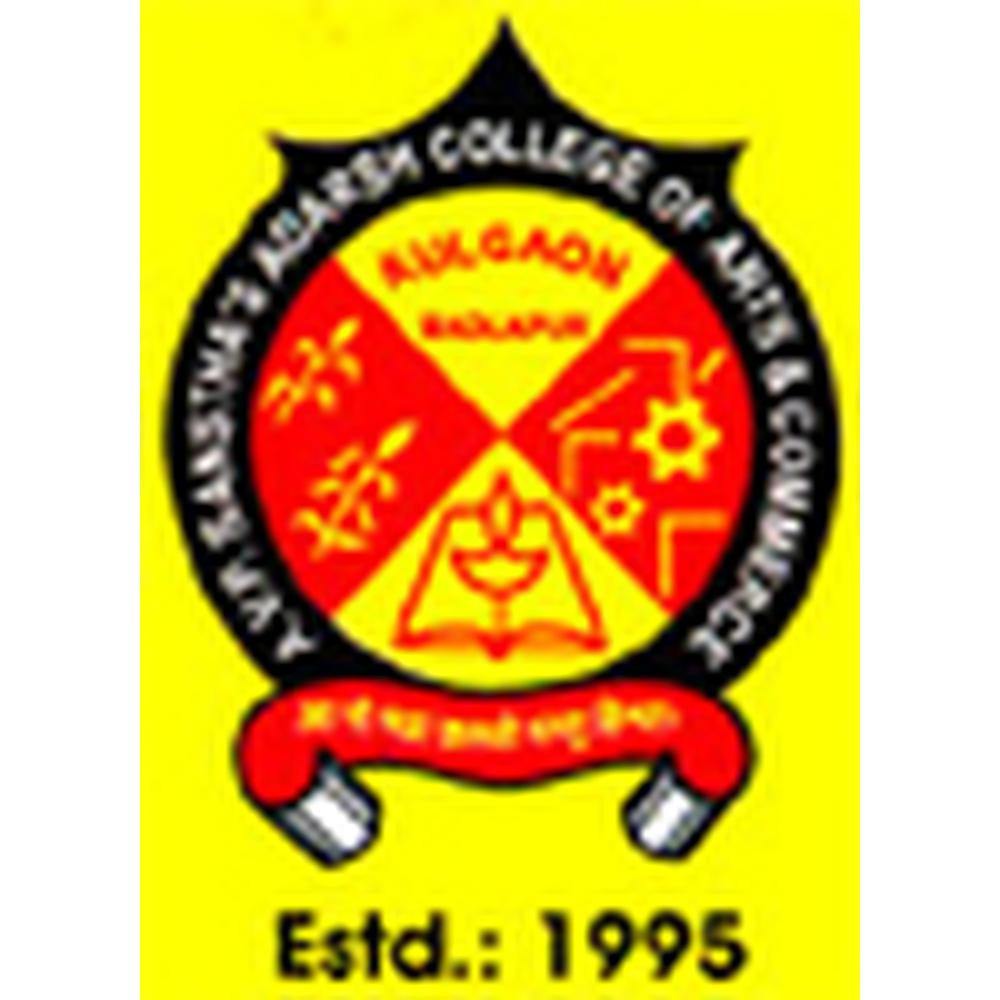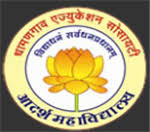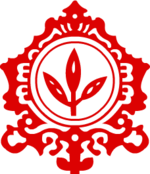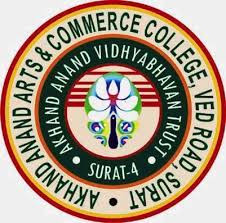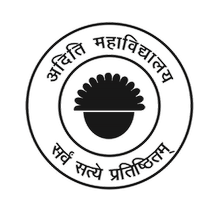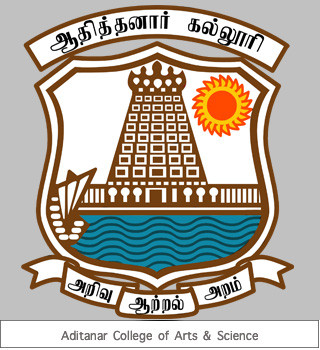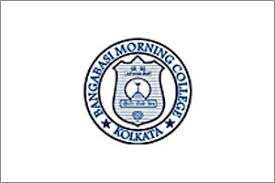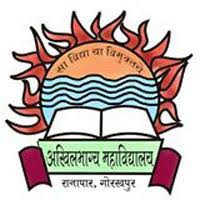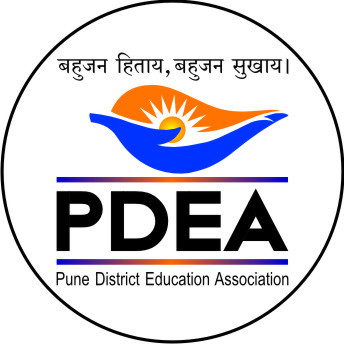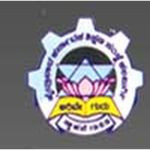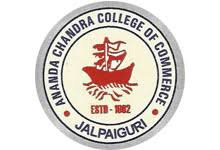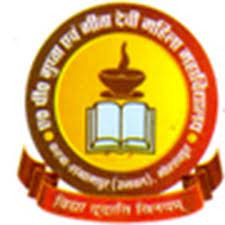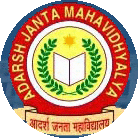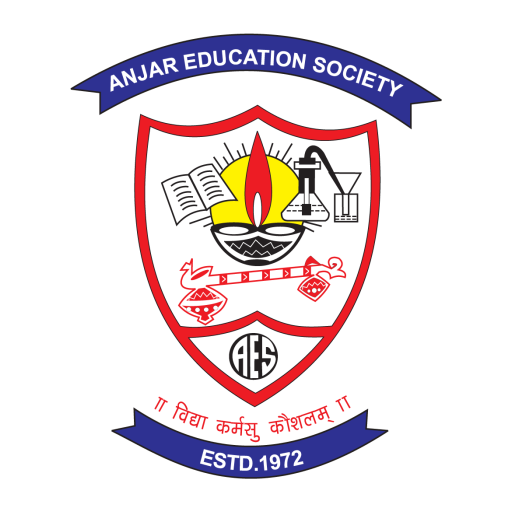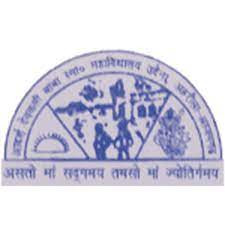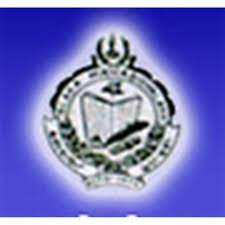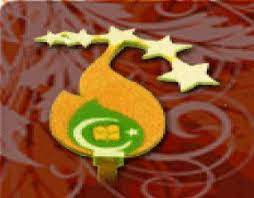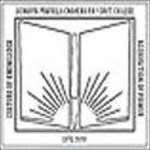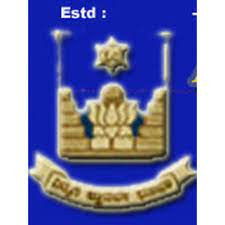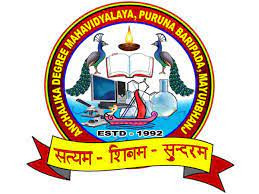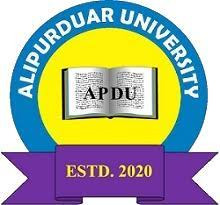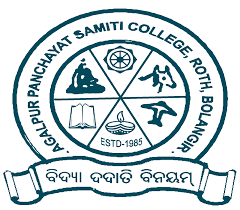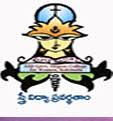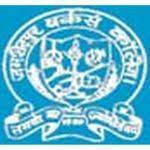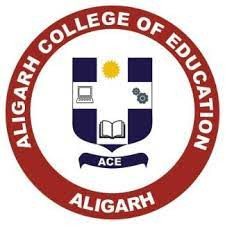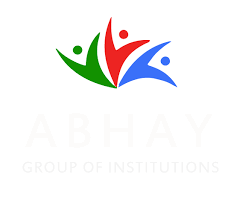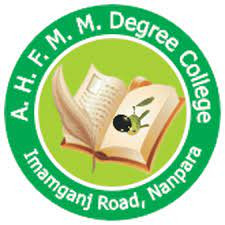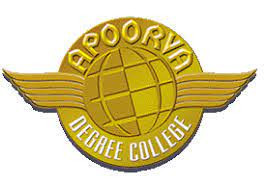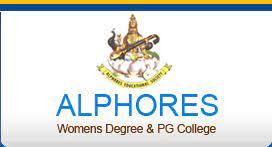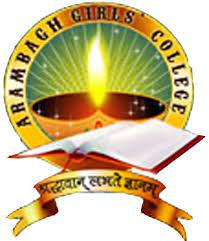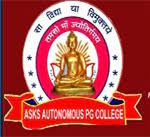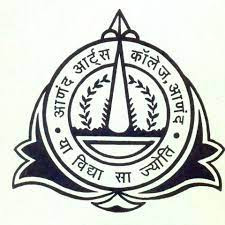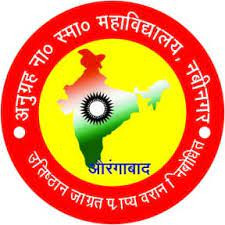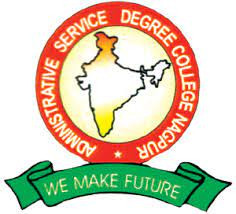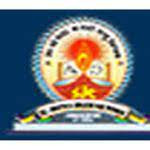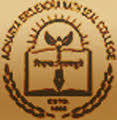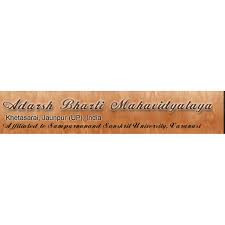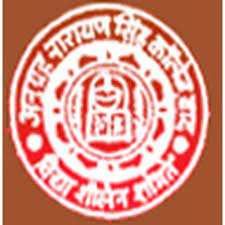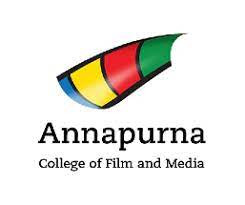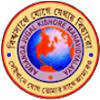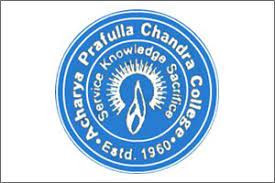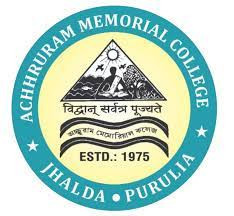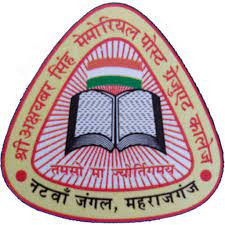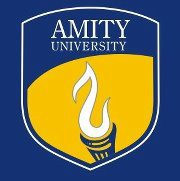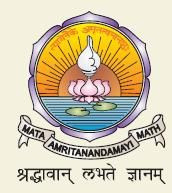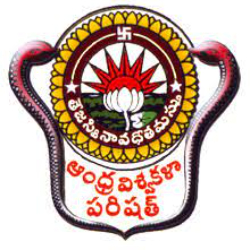B.A. Course Highlights:
|
B.A. Full Form |
Bachelor of Arts |
|
B.A. Course Level |
Undergraduate |
|
B.A. Course Duration |
3 to 4 years (may vary) |
|
B.A. Course Eligibility Criteria |
10+2 or equivalent with minimum 55% marks. |
|
B.A. Course Education Mode |
Full-Time, Distance, Part-time. |
|
B.A. Course Admission Process |
Merit and Entrance Exam |
|
B.A. Course Entrance Exam |
CUET, IPU CET, PUBDET and State CET. |
|
B.A. Course Fees |
Rs 7,000 - Rs 20,000 |
|
B.A. Course Job Profiles |
Marketing Coordinator, Sales Representative, Public Relations Specialist, Content Writer, Teacher, Educational Coordinator |
Eligibility Criteria for B.A Admissions:
- Candidates have to complete 10+2 or equivalent from a recognised board.
- Candidates should have a minimum 55% marks.
- Candidates might have to appear for entrance exams depending on the institution.
B.A. Course Entrance Exams:
- Common University Entrance Test (CUET)
- Indraprastha University Common Entrance Test (IPU CET)
- DUET (Delhi University Entrance Test)
- JNUEE (Jawaharlal Nehru University Entrance Examination)
- BHU UET (Undergraduate Entrance Test)
- National School of Drama (NSD) Entrance Test
- State Common Entrance Test (CET)
List of B.A. Specialisation:
B.A. in Literature - Literature and Language are also a core B.A. specialisation, the topics may differ depending on the language you select, including English, Spanish, French, Urdu, Arabic, Persian, Russian, Mandarin, Japanese, etc.
B.A. in Literature Core Subjects:
- Prose
- Poetry
- Drama
- Fiction
- Indian Writings in English
- American Literature
- Biographies
- Literary Criticism
- Postcolonial Literature
- World Literature
- Modern European Drama
- American Literature
- British Literature
- Indian Classic Literature
B.A. in Literature Elective subjects:
- Political Science
- History
- Sociology
- Environmental science
- Philosophy
- Psychology etc (may vary among universities)
B.A. in History - B.A. History is another renowned program that is a top choice for students pursuing an arts degree. This program examines human history from the inception of civilisation to the present. The most significant historical events from American, African, European, and Asian history are frequently discussed. Enrol in an MA History course to expand your understanding of this discipline.
B.A. in History Core Subjects:
- World History
- History in practise
- Economic History
- Defining Digital Humanities
- Ancient History
- Art History
B.A. in History Elective Subjects:
- Political Science
- English
- Sociology
- Environmental science
- Philosophy
- Psychology etc (may vary among universities)
B.A. in Political Science - Students pursuing a political science degree acquire knowledge regarding the Operation Of Diverse Political Systems, Political Theory, and Practise. The Political Science Syllabus aims to equip you with a comprehensive understanding of various governance formats, with a particular emphasis on comparative and international politics.
B.A. in Political Science Core Subjects:
- Introduction to Comparative Government & Politics
- Understanding Political Theory
- History of Politics
- Perspectives of Public Administration
- Political Analysis
- Political Systems
B.A. in Political Science Elective Subjects:
- History
- English
- Sociology
- Environmental science
- Philosophy
- Psychology etc (may vary among universities)
B.A. in Economics - B.A. Economics concentrates on the optimal utilisation of resources and the fundamental conceptual divisions of Economics, Macroeconomics and Microeconomics. It examines the Operation of Economies, Current Economic Developments, and Diverse Financial Market Systems.
B.A. in Economics Subjects:
- Statistical Methods for Economics
- Managerial Economics
- Introductory Macroeconomics
- Introductory Econometrics
- Agricultural Economics
- Banking Economics
- Labour Economics
- Business Economics
B.A. in Economics Elective Subjects:
- History
- Political Science
- English
- Sociology
- Environmental science
- Philosophy
- Psychology etc (may vary among universities)
B.A. in Fine Arts - Fine Arts is another renowned B.A. program that encompasses the study of art history. The Bachelor of Fine Arts program encompasses the visual, performing, and literary arts, in addition to art history.
B.A. in Fine Arts Subjects:
- Sculpture
- Visual arts
- Film art
- Animation
- Visual effects
- Studio art
- Ceramics
- Printmaking
- Entertainment design
- Cartooning
- 3D studies
B.A. LLB - B.A. LLB, or Bachelor of Arts-Bachelor of Legislative Law, is a five-year integrated program designed for individuals who are interested in pursuing a career in law. It integrates legal and artistic disciplines. The course encompasses a diverse array of legal subjects and includes case studies, moot courts, seminars, and interactions with distinguished former judges from India's Supreme Court and High Courts.
B.A. LLB Core Subjects:
- Civil Law
- Corporate Law
- Business Law
- Labor Law
- Women and Law
- Agriculture Law
- Jurisprudence
- Constitutional Law
B.A. LLB Elective Subjects:
- Political Science
- English
- Sociology
- Environmental science
- Philosophy
- Psychology etc (may vary among universities)
B.A. in Sociology - A Bachelor of Arts in Sociology, or B.A. in Sociology, is an undergraduate program in the field of Sociology. Sociology is the examination of Social Interactions, Culture, Social Stratification, and related topics.
B.A. in Sociology Core Subjects:
- Sociology of India
- Sociology of Religion
- Agrarian Sociology
- Reading Ethnographies
- Indian Society: Images and Realities
- Family and Intimacy
- Rethinking Development
- Sociology of Media
- Sociology of Health and Medicine
- Sociological Thinkers
- Sociology of Social Movements
- Indian Sociological Traditions
B.A. in Sociology Elective Subjects:
- Agrarian Sociology
- Environmental Sociology
- Visual Culture
- Reading Ethnographies
- Family and Intimacy
B.A. in Psychology - B.A. Psychology is a discipline that focuses on the study of human behaviour and a variety of other areas of psychology, such as industrial psychology and development psychology. It also examines Mental Processes and Brain Functionality. As an interdisciplinary linkage between medical science, social science, and education, it provides a diverse selection of B.A. courses.
B.A. in Psychology Core Subjects:
- Educational Psychology
- Understanding Psychological Disorders
- Health Psychology
- Statistics
- Psychopathology
- Organisational Psychology
- Social Psychology
- The Psychological Processes
- Industrial Psychology
- Environmental Psychology
- Forensic Psychology
B.A. in Psychology Elective Subjects:
- History
- Political Science
- English
- Sociology
- Environmental science
- Philosophy
- Economics etc (may vary among universities)
B.A. in Philosophy- The Bachelor of Arts in Philosophy (B.A. in Philosophy) is a 3 year undergraduate program divided into two semesters each year. This curriculum is offered by many colleges and universities in India.
B.A. in Philosophy Core Subjects:
- Indian Philosophy History of Western Philosophy
- Psychology & Social political philosophy Logic
- Indian Logic and Epistemology
- Vedanta Shastra
- Philosophy of Language An enquiry Concerning Human Understanding
- Epistemology and Metaphysics The problems of philosophy
- Ethics and Philosophy of Religion Western logic
- Ethics
- Contemporary Indian Philosophy
- Metaphysics
- Epistemology
- Ethics
- Moral philosophy
- Political philosophy
- Ancient philosophy
- Modern philosophy
B.A. in Philosophy Elective Subjects:
- History
- Political Science
- English
- Sociology
- Environmental science
- Psychology
- Economics etc (may vary among universities)
B.A. in Journalism and Mass Communication - If one desires to expand their knowledge of the news industry and pursue a vocation in journalism, the B.A. Journalism program is an exceptional option. The B.A. undergraduate curriculum provides students with an understanding of Print, Broadcast, and Web Journalism Operations. Additionally, it offers various electives that enable students to enhance their multimedia, writing, and news reporting skills. The options include Photojournalism, Multimedia Journalism, New Media, and other Electives.
B.A. in Journalism and Mass Communication Core Subjects:
- Introduction to Media and Communication
- Communication for Development
- Reporting and Editing
- Professional Photography
- Print Journalism
- Broadcast Journalism
- Communication Theories and practise
- Media Ethics and Laws
- Advance Graphic Design
- Employability Skills
- TV and Studio Production
- Digital Marketing
- Film Studies
- Media Management
- Public Relations
B.A. in Journalism and Mass Communication Elective Subjects:
- History
- Political Science
- English
- Sociology
- Environmental science
- Psychology
- Economics etc (may vary among universities)
Courses After B.A.:
The following are the courses a personal can do after completing B.A.:
- Master of Arts
- Master of Fine Arts
- Bachelor of Education (B.Ed.)
- M.A. in Journalism and Mass Communication
- Master of Law (LLM)
- Master of Business Administration (MBA)
Top B.A. Colleges in India:
|
Top B.A. College |
Average Fees |
|
30,000 - 50,000 |
|
|
30,000 - 60,000 |
|
|
20,000 - 40,000 |
|
|
40,000 - 60,000 |
|
|
30,000 - 50,000 |
|
|
30,000 - 50,000 |
|
|
25,000 - 45,000 |
|
|
40,000 - 60,000 |
|
|
25,000 - 45,000 |
|
|
30,000 - 50,000 |
|
|
30,000 - 50,000 |
|
|
30,000 - 50,000 |
|
|
25,000 - 45,000 |
|
|
30,000 - 50,000 |
|
|
40,000 - 60,000 |
|
|
30,000 - 50,000 |
Career Opportunities After B.A.:
- Government Jobs after B.A.:
If you have decided to work for the government, here are a few possibilities to consider after obtaining your bachelor's degree.
Government Entrance Exams for acquiring a potential career:
- UPSC ( Union Public Service Commission)
- SSC ( Staff Selection Commission)
- Defence Services ( Indian Army)
- State Public Services
- Indian Railways (via RRB exams)
- Indian Foreign Services
- Private Jobs After B.A.:
|
Job Profile |
Average Annual Salary |
|
Marketing Coordinator |
Rs 3.00 - Rs 6.00 LPA |
|
Sales Representative |
Rs 2.50 - Rs 5.00 LPA |
|
Public Relations Specialist |
Rs 4.00 - Rs 8.00 LPA |
|
Content Writer/Editor |
Rs 3.00 - Rs 6.00 LPA |
|
Teaching Assistant |
Rs 2.50 - Rs 5.00 LPA |
|
Educational Coordinator |
Rs 4.00 - Rs 7.00 LPA |
|
HR Assistant |
Rs 3.00 - Rs 5.50 LPA |
|
Talent Acquisition Specialist |
Rs 4.00 - Rs 8.00 LPA |
|
Administrative Assistant |
Rs 2.50 - Rs 4.50 LPA |
|
Office Manager |
Rs 4.00 - Rs 7.00 LPA |
|
Customer Service Representative |
Rs 2.50 - Rs 5.00 LPA |
|
Client Relations Manager |
Rs 4.00 - Rs 8.00 LPA |
|
Event Planner |
Rs 3.50 - Rs 7.00 LPA |
|
Museum/Gallery Curator |
Rs 4.00 - Rs 8.00 LPA |
|
Social Worker |
Rs 3.00 - Rs 6.00 LPA |
|
Community Outreach Coordinator |
Rs 3.50 - Rs 7.00 LPA |
|
Business Analyst |
Rs 4.00 - Rs 8.00 LPA |
|
Financial Advisor |
Rs 5.00 - Rs 10.00 LPA |
|
Policy Analyst |
Rs 4.00 - Rs 8.00 LPA |
|
Non-Profit Program Coordinator |
Rs 3.50 - Rs 7.00 LPA |
|
Digital Marketing Specialist |
Rs 3.50 - Rs 7.00 LPA |
|
Social Media Manager |
Rs 4.00 - Rs 8.00 LPA |
|
Research Assistant |
Rs 3.00 - Rs 5.50 LPA |
|
Market Research Analyst |
Rs 4.00 - Rs 7.00 LPA |
FAQs
- What is a Bachelor of Arts ?
Bachelor of Arts is what B.A. stands for. B.A. programs, which offer a wide range of subjects, including Hindi, English, History, Journalism, and Psychology. - What are the job opportunities after graduation?
With a B.A. in English, Political Science, History, Linguistics, Psychology, Social Work, Economics, or Archaeology, you can enter the workforce with the qualifications for many rewarding positions in the commercial and public sectors. - What can we pursue after B.A.?
MBA programs are always recommended because they provide students with a wide range of professional opportunities. While pursuing your MBA, you will improve your problem-solving abilities, which allows you to become a competent manager. - Can B.A. students join IT companies?
In fact, you can work in IT companies. The IT business has hired thousands of non-degree holders. Arts is a vast field and has entrance to IT sectors as well. - How to prepare for B.A. admissions?
Common entry tests for Bachelor of Arts programs include the JMI entry Exam, PUBDET, AMU Entrance Exam, CUET, JNUEE, and so on. Once the prestigious university announces its cutoff list, students who reach the college's cutoff can apply for admission to the course they are interested in.
You can also read:
Top Humanities Career Options With Scope and Job Opportunities

